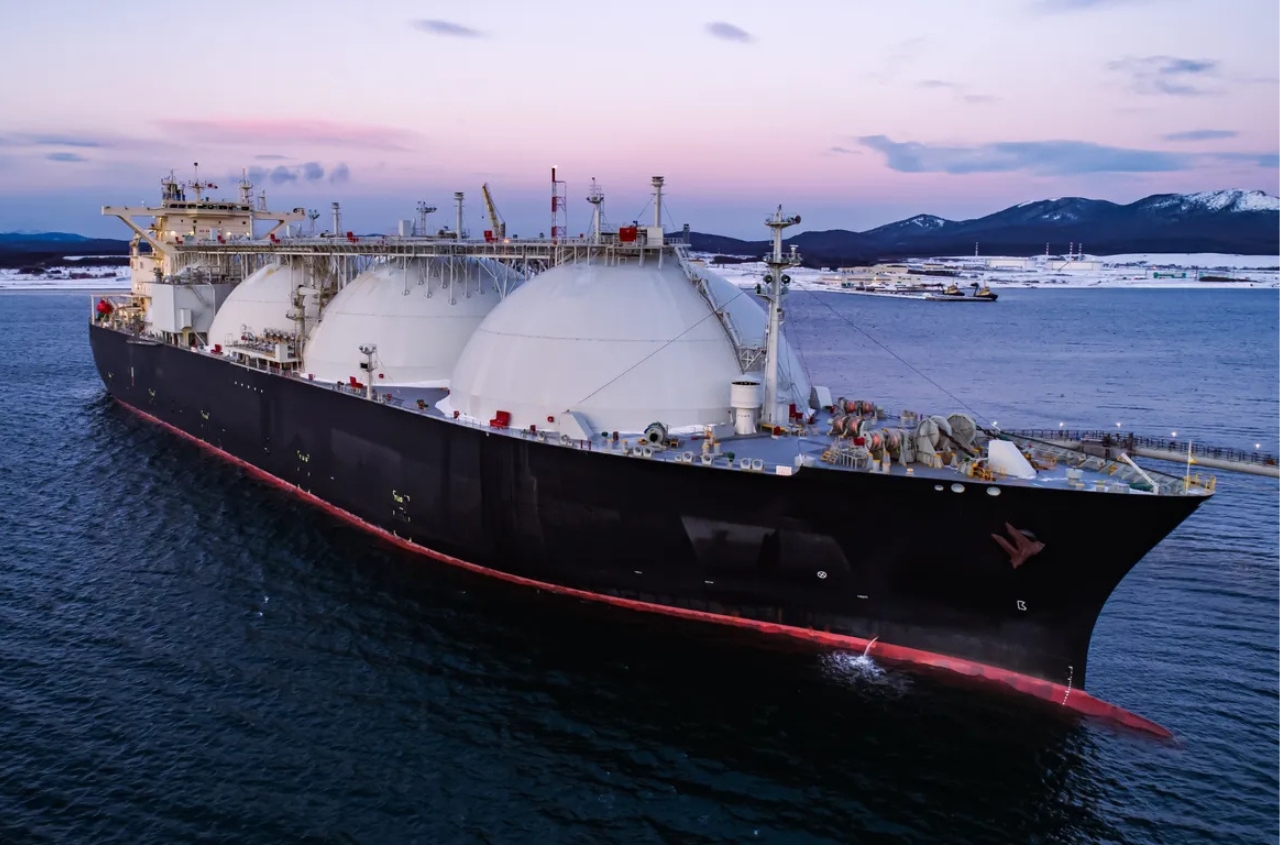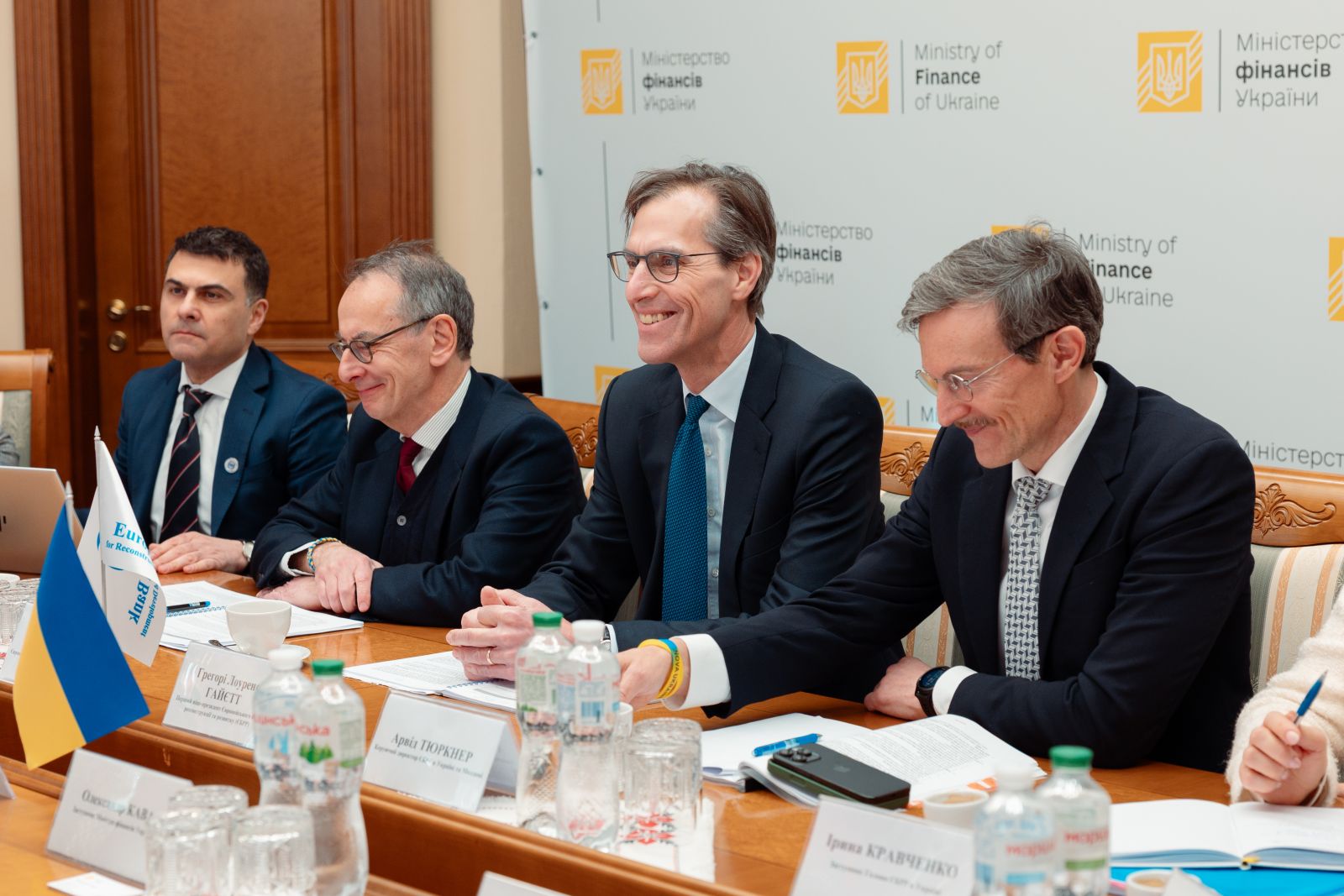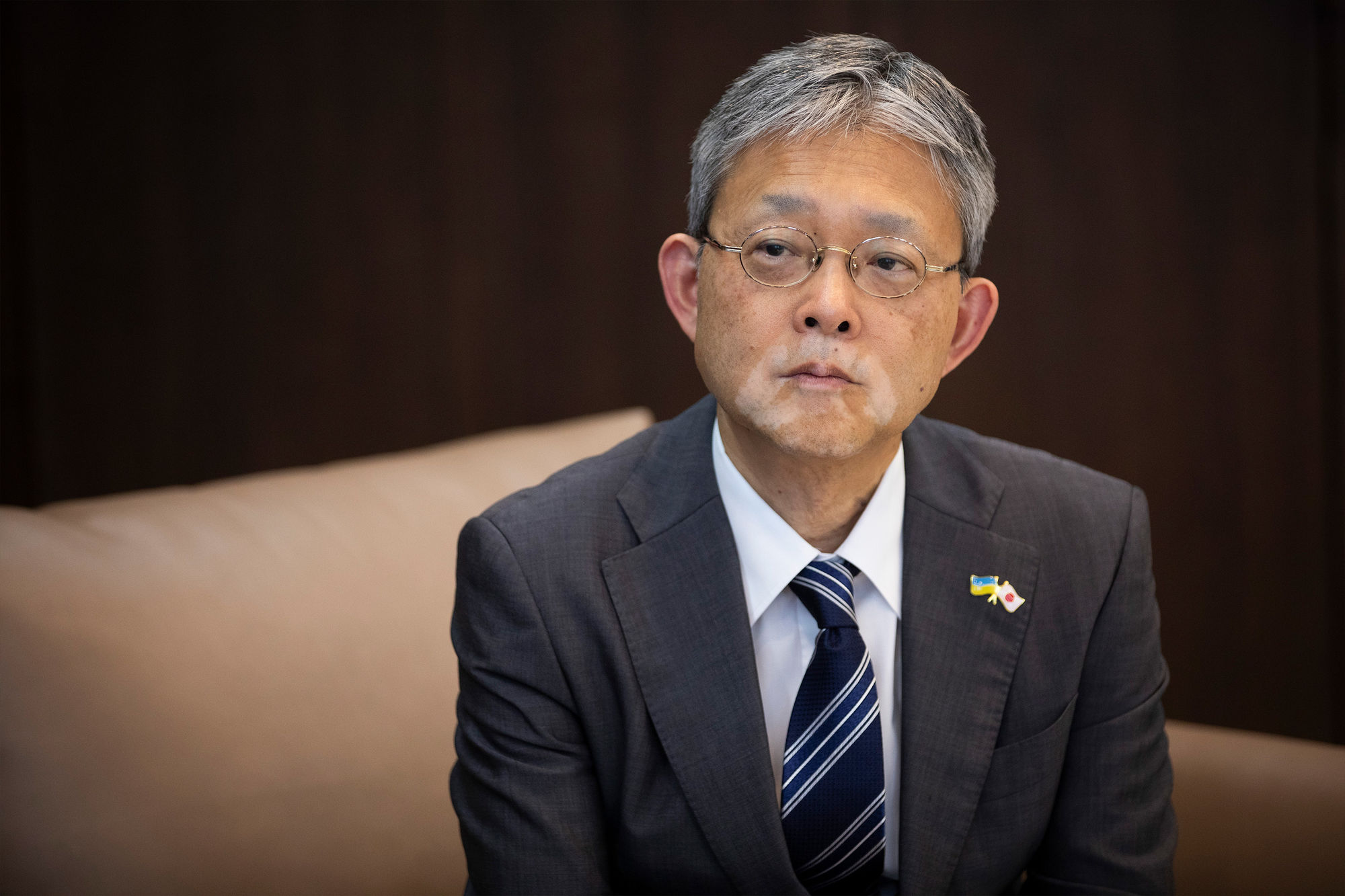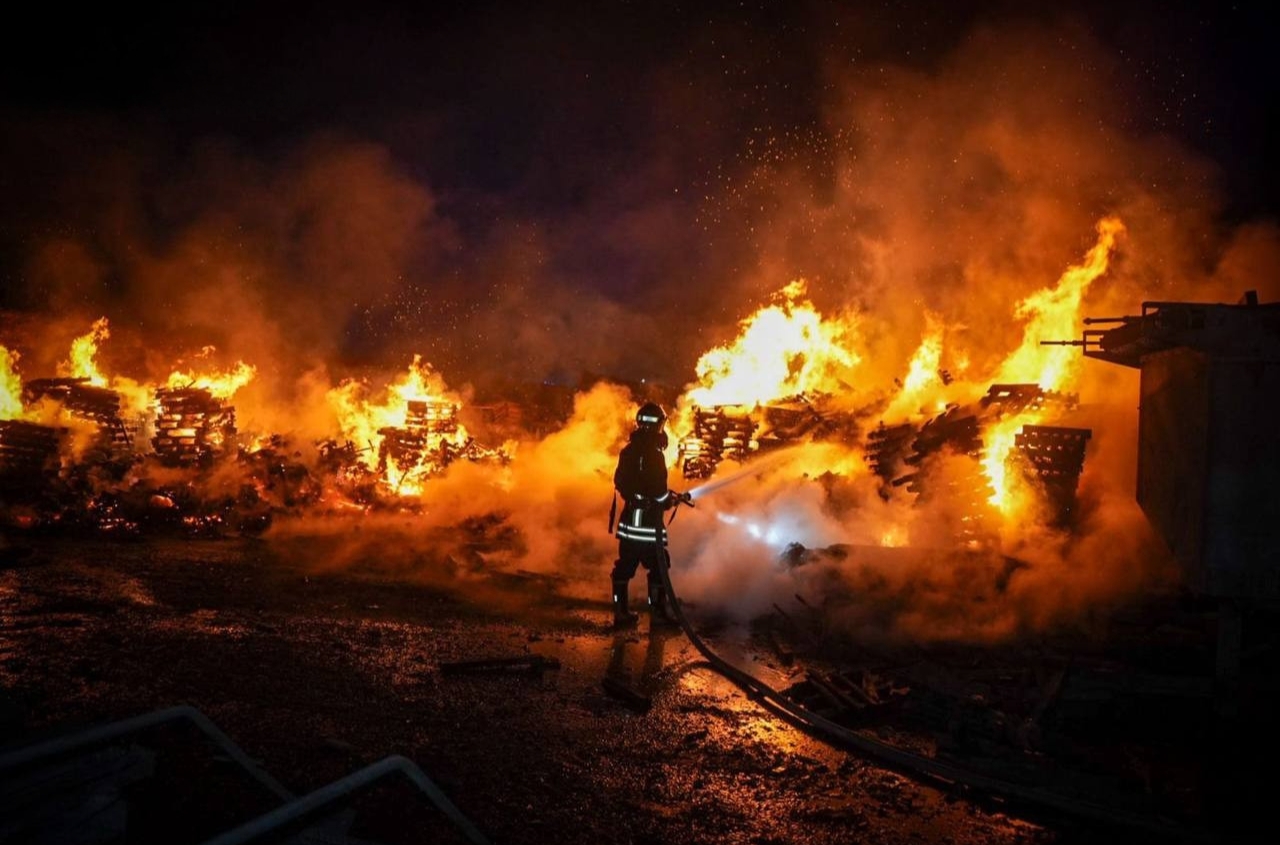Russian media received a guideline from the political unit of the Presidential Administration on how to write about the negotiations in Istanbul on May 15, as reported by Meduza.
The inclusion of Vladimir Medinsky, assistant to the president, in the list of participants is recommended to be explained by the fact that he led the delegation of negotiators in Istanbul in 2022, so “it is logical for him to continue the work.”
Propagandists are also advised to note that when forming the delegation, Putin was not influenced by “either Donald Trump’s words or Zelensky’s statements.”
“The United States demands, ideally, a 30-day unconditional ceasefire. Let’s hope that an acceptable ceasefire will be observed and both countries will be responsible for maintaining the inviolability of these direct talks. If the ceasefire is not observed, the U.S. and its partners will impose additional sanctions,” Trump said on May 8.
Ukrainian President Volodymyr Zelensky called on Putin on May 11 to come to Istanbul for talks and announced that he himself would be there on May 15.
The guideline does not say anything about the position the Russian delegation should communicate to the Ukrainian side. There are no assumptions about the possible course of the negotiations or advice on how to cover their results either. However, the authors suggest that pro-government media tell the audience that “the negotiations are currently happening under worse conditions for Ukraine than three years ago” (what exactly worsened is not explained in the guideline).
At the same time, the political unit of the Presidential Administration already advises Kremlin-loyal media to prepare the audience for the failure of the meeting: the text of the guideline mentions “a new package of sanctions.” The authors recommend telling Russians that the new sanctions “will not harm the country’s development,” Russia “successfully copes with the challenges of any sanctions,” and the country’s budget “was drafted with these in mind.” Sanctions on energy resource trade are separately mentioned but are said not to affect the “energy complex, which is steadily developing.”
On the evening of May 14, the Kremlin announced the composition of the Russian delegation. Besides Medinsky, it included Deputy Foreign Minister Mikhail Galuzin, Chief of the Main Directorate of the General Staff of the Armed Forces Igor Kostyukov, and Deputy Defense Minister General Fomin. The Kremlin did not disclose what conditions this delegation should demand in the negotiations. The Ukrainian authorities, European leaders, and Donald Trump are demanding that the Kremlin agree to a 30-day ceasefire without any additional conditions, otherwise new sanctions could be imposed on Russia. Vladimir Putin has expressed skepticism about the feasibility of such a ceasefire.
A political strategist cooperating with the Kremlin told Meduza that the political unit of the Presidential Administration did not participate in preparing the delegation’s theses and did not discuss the negotiations with it. Officials overseeing domestic policy, according to him, believe that the most likely scenario is “a deadlock in negotiations in this composition.”
“That is why sanctions are mentioned as the most probable Western reaction to the talks,” he believes.
Last July, a guideline from the Presidential Administration recommended loyal media present Putin’s proposal to return to the Istanbul negotiation format as an initiative that “could end the conflict in Ukraine in the shortest possible time.” At that time, the president offered Kyiv peace on the condition of fully handing over to Russia the territories of Donetsk, Kherson, and Zaporizhzhia regions that had not yet been occupied by the Russian army.




















